The Role of Social Media
In today’s digital age, social media has become a vital tool for healthcare providers to connect directly with their patients. It offers a dynamic way to communicate, engage, and educate—breaking down traditional barriers and fostering stronger patient-provider relationships. 📱
How Social Media Improves Patient Communication
1. Real-Time Interaction 🌐
Platforms like Facebook, Instagram, and X (formerly Twitter) allow for immediate communication. Whether responding to questions, sharing updates, or posting reminders, healthcare providers can connect with patients in real-time—an essential factor in building trust and satisfaction.
Tip: Encourage patients to message you with questions about appointments, procedures, or general health. For more insights, explore our guide on social media marketing for healthcare.
2. Patient Education and Awareness 📚
Social media simplifies complex medical information through blog posts, videos, and infographics. This accessibility helps patients stay informed and feel more confident about their healthcare decisions.
Tip: Regularly post health tips, debunk medical myths, and promote preventive care. Need ideas? Check out our health content marketing strategies.
3. Personal Engagement 🤝
Engaging with patients through comments, likes, and messages makes them feel heard and appreciated. This informal yet professional interaction can strengthen relationships and improve loyalty.
Tip: Respond to comments and messages often. Direct interaction can significantly enhance patient retention. Learn more in our patient engagement guide.
How Social Media for Healthcare Communication Enhances Healthcare Practices
1. Establishing Trust and Credibility 🏅
Consistently sharing accurate, helpful content positions your practice as a reliable source of medical knowledge. Over time, this builds authority and patient trust.
Tip: Post testimonials, health tips, and behind-the-scenes looks at your practice. Discover more in our reputation management strategies.
2. Increasing Patient Engagement 📈
Beyond clinical appointments, social media creates opportunities to connect with patients regularly. This ongoing engagement boosts satisfaction and strengthens brand loyalty.
Tip: Run interactive posts like health challenges or polls. For more ideas, explore our tips to boost patient engagement.
3. Providing Support and Collecting Feedback 🗣
Aftercare doesn’t stop at the clinic. Social media lets providers answer follow-up questions, offer support, and gather feedback to improve services.
Tip: Respond quickly and with empathy to reviews or comments. A caring response shows your commitment to patients. Learn more in our customer service strategies.
Strengthening Growth Through Links
- Internal Link Example: Want to enhance your marketing strategy? Explore more healthcare marketing insights here.
- External Link Example: Learn more about how social media is transforming healthcare by reading our full blog here.
Conclusion: Embrace the Digital Conversation
Social media is more than a broadcasting tool—it’s a critical platform for patient communication and healthcare improvement. By educating, engaging, and building trust, providers can nurture stronger, more meaningful connections with their patients.
To dive deeper into digital healthcare strategies, visit our full blog section. Let’s elevate your healthcare practice through the power of social media. 📈






